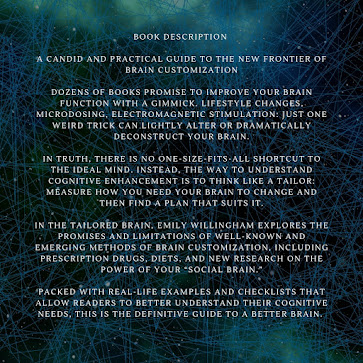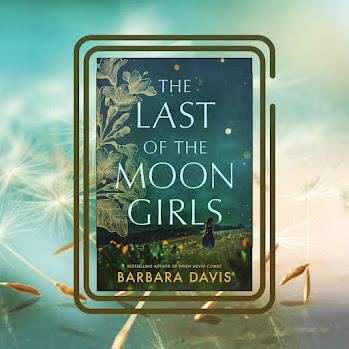No Mud, No Lotus by Thich Nhat Hanh
⭐⭐⭐⭐☆
Thich Nhat Hanh, a global spiritual leader, poet, and leader brings the purpose of suffering to light in No Mud, No Lotus. He stresses that suffering and happiness are tied up with each other. "Where there is suffering, there is happiness. "
Thich Nhat Hanh explains how suffering is an integral part of being human and how it can be transformed into happiness. Running away from it is counterintuitive. Through mindfulness, we can navigate through it without getting overwhelmed. First, we need to accept its existence by taking mindful breaths that bring our minds home to our bodies. In this way, our minds stop rambling. Then, to make the transformation easier, we understand the root cause of our suffering by examining ourselves first. The pain of our ancestors is ours, too, so if we heal ourselves, we are also healing them. Breathing exercises are the main practices to transform suffering into happiness. These breathing exercises are included in the last part of the book. Thic Nhat Hanh also offers how to handle life's small and big sufferings and how to sustain happiness.
I enjoyed reading this book. It is a short book but packed with thought-provoking nuggets on suffering, happiness, and life. The breathing practices are easy to understand and follow. I recommend it to those who are interested in the power of breathing and the art of transforming suffering into happiness.




